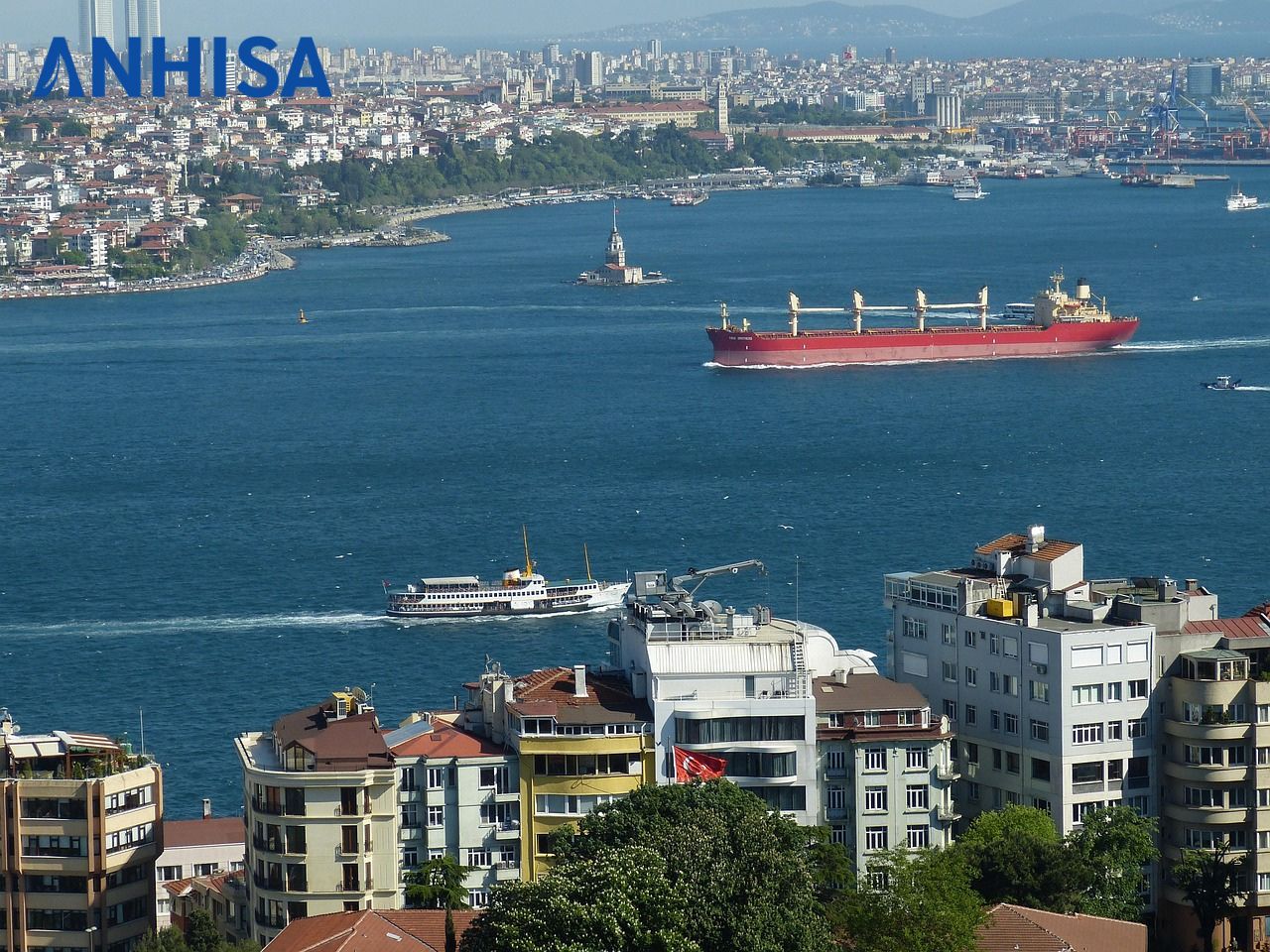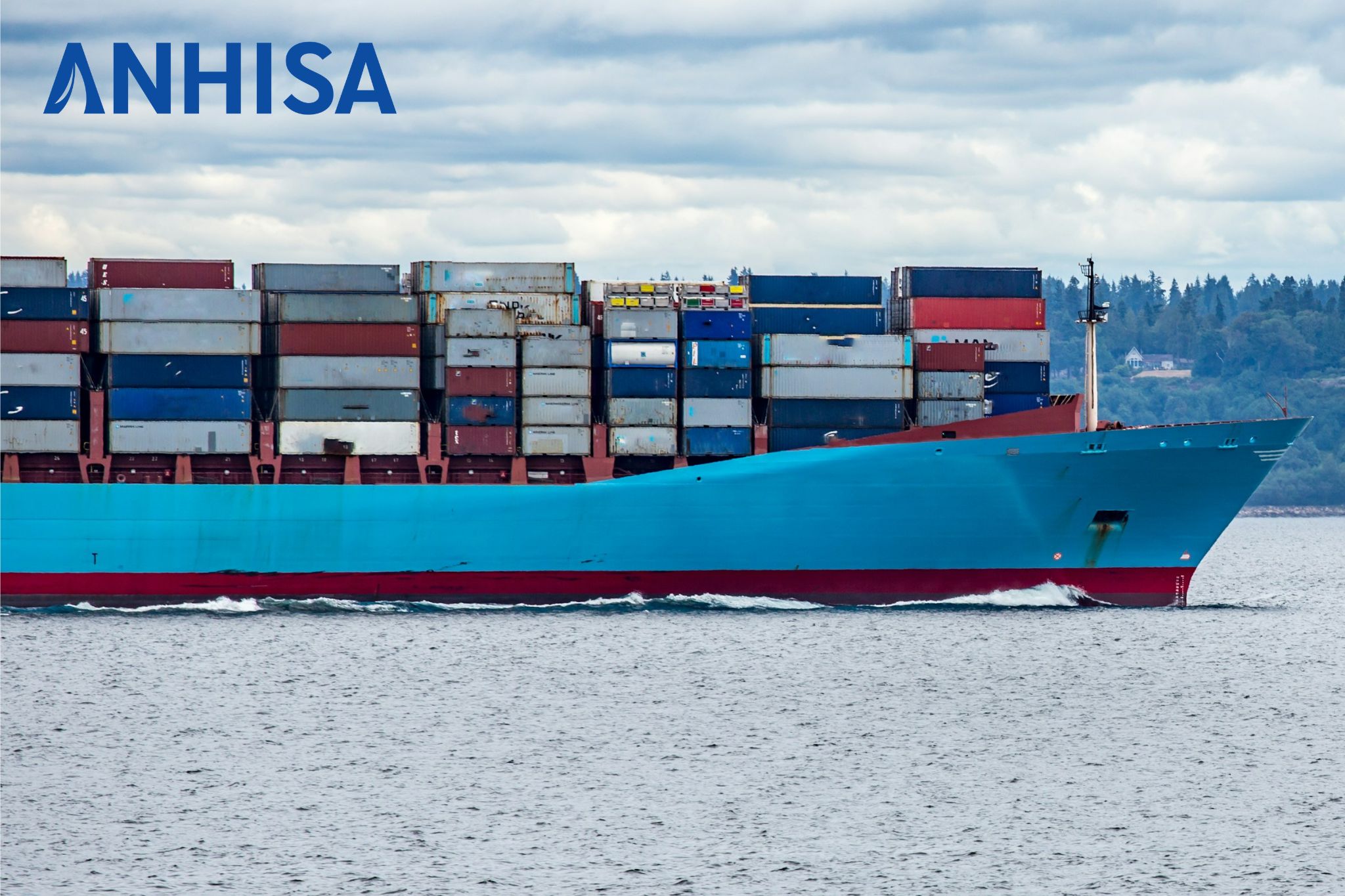VIETNAM – SHIPPING LAW PRACTICE: MARITIME ADMINISTRATION’S INVESTIGATIONS IN VESSEL COLLISIONS
August 06, 2025
Vessel impacts and vessel collisions are undesirable events that all parties strive to prevent during maritime operations, due to their unpredictable consequences. In Vietnam, vessel impacts and vessel collisions that result in losses are considered maritime accidents and may need to be investigated by the Maritime Administrations in accordance with the laws, upon decisions made by local maritime authorities. Investigating maritime accidents as vessel collision cases is a particularly complex legal issue.
When is a maritime incident being a vessel collision, subject to investigation?
According to regulations set forth by Vietnamese Authorities, maritime accidents are generally categorized into three levels: minor, serious, and especially serious. The classification of maritime accidents takes into account the following factors: (i) loss of life (death or missing persons), (ii) environmental damage, (iii) the extent of disruption to the continuous operation of maritime channels, and (iv) damage to the vessel, including sinking, disappearance, fire, explosion, grounding, or any other significant impact on the ship’s structure and seaworthiness. Consequently, serious and especially serious maritime accidents involving vessel collisions shall be investigated mandatorily. Meanwhile, minor maritime vessel collisions may or may not be investigated at the discretion of the Director of the provincial Maritime Port Authority (“MPA”) and its subsequent report to the Vietnam Port Authority.
Ultimately, regardless of whether a formal investigation into the vessel collision is conducted, it is essential for the Shipowner and the Club to promptly appoint a surveyor to board the vessel and coordinate with the other vessel involved to conduct a loss assessment.

Jurisdiction to investigate a maritime incident being a vessel collision
With the exception of certain special cases, vessel collisions in particular, and maritime accidents in general, are typically investigated by a provincial MPA. The Director of the relevant provincial MPA has the authority to appoint investigators and establish a Maritime Accident Investigation Team, which will carry out on-site investigations and prepare an investigation report.
However, determining the exact jurisdiction of which provincial MPA has the authority to investigate can be quite complicated. This is because vessel collisions may occur in the waters of one port jurisdiction, but after the collision, the vessels may move into the port waters of other localities. Additionally, some vessel collisions occur outside of port waters, making it difficult to determine precisely which provincial MPA holds jurisdiction.
Moreover, in Vietnam, a provincial MPA with significantly more developed maritime activity than neighboring provinces may be assigned to manage the port waters of multiple nearby provinces. Finally, when a vessel collision involves a foreign-flagged vessel in Vietnam’s port waters or territorial seas, leading to a jurisdictional conflict of laws, identifying the appropriate provincial MPA with the authority to investigate becomes even more challenging and time-consuming.
Over the course: the process of investigation into maritime accidents, including vessel collisions
Under Vietnamese law, the purpose of maritime accident investigations, in general, and vessel collision investigations, in particular, targets to determine the conditions, circumstances, causes, or potential causes of the maritime accident in order to implement effective measures to prevent and reduce similar accidents. This requires that maritime accidents be investigated in accordance with proper jurisdiction, procedures, and content – using the correct methods, in a timely manner (immediately after the accident is reported), comprehensively (considering all critical aspects of the accident), and objectively (without bias towards any party).
During the investigation of a vessel collision on board, the provincial MPA’s Investigator may conduct interviews with crew members and witnesses, take photographs, record videos, and collect VHF data, radar data, and other relevant information concerning the vessels’ activities before, during, and after the collision.

Maritime Accident Investigation Report for vessel collision
Based on the investigation, the provincial MPA will prepare and issue a Maritime Accident Investigation Report.
As for the content, a Maritime Accident Investigation Report generally includes key sections such as a summary of the basic elements of the accident, clearly stating the number of fatalities, missing persons, injuries, or environmental pollution; information on the nationality, shipowner, ship management, and ship operation companies listed on the Safety Management Certificate and classification society; key ship specifications and engine details; information on crew working and rest hours, as well as tasks performed prior to the accident; a detailed description of the circumstances surrounding the accident; analysis, reasoning, and evidence explaining the factors leading to the cause of the accident; and recommendations for measures to prevent similar maritime accidents in the future.
For vessel collision maritime accidents, the most valuable section that shipowners and Clubs typically focus on is the analysis of the causes of the collision, based on the regulations of the COLREGs 1972 and local laws regarding the rules for preventing vessel collisions at sea. Maritime Accident Investigation Reports for vessel collisions are often meticulously reviewed to identify which vessel is at fault, which captain, crew members, and officers, or which pilot violated specific rules of the COLREGs 1972 and Vietnam’s regulations on preventing vessel collisions at sea. However, the Maritime Accident Investigation Reports do not determine the liability or legal obligations of the parties involved (including administrative liability, criminal liability, and, in particular, liability for damages in collision cases), nor do they replace the work of independent surveyors in allocating or dividing fault percentages.
Regarding the issuance procedure, similar to other maritime accident investigation reports, the report on vessel collisions will not be directly issued by the investigating authority. Instead, the investigating authority will send the draft report to the shipowner, ship manager, relevant vessel operators, and maritime regulatory agencies for feedback within 30 days from the date the draft is sent. At the end of this 30-day period, the provincial MPA will review the feedback from the parties (if any) and issue the official Maritime Accident Investigation Report for the incident.
Publication of the Maritime Accident Investigation Report for Vessel Collisions at Sea
After completing the investigation and officially issuing the Maritime Accident Investigation Report for vessel collisions, the Vietnam Maritime Administration may publish these reports on its official website upon receiving them from the provincial MPAs. In principle, all reports should be made public; however, in practice, the number of reports publicly available on the Vietnam Maritime Administration’s website has been limited.
This article aims to furnish our clients and contacts with general information on the relevant topic for reference purposes only, without creating any duty of care on the part of ANHISA. The information presented herein is not intended to serve, nor should it be considered, as a substitute for legal or other professional advice.
AUTHORS
DANG VIET ANH
Managing Partner
Mobile: (+84) 983 467070
Email: [email protected]
TRUONG CONG HONG
Senior Associate
Mobile: (+84) 909 814090
Email: [email protected]
ANHISA LLC AND OUR EXPERTISE
Our lawyers at ANHISA have recently advised and assisted in several cases of vessel collisions in Vietnam, ranging from minor collisions to especially serious accidents. We have helped the parties navigate difficult situations when vessels were immobilized by coordinating the parties to reach an agreement and maintaining close contact with the relevant provincial MPA to avoid initiating a maritime accident investigation. We have also participated in supporting Ship Interests in the investigation process and providing feedback on the Report, thereby clarifying issues in the case, analyzing investigation reports, and concluding with strategic legal advice for the Ship Interests. Our ultimate goal is to provide clients with an outcome that is favorable to our clients.
Our services in supporting shipowners and Clubs during investigations of vessel collisions include:
- Reviewing preliminary information from Clubs, Owners, Captains, and Crews to determine the circumstances of the collision, the relevant provincial MPA, the situation, and the shipowner’s requirements.
- Working with surveyors in Vietnam to conduct assessments on both your vessel and the other vessel;
- Collaborating, communicating, and negotiating with representatives of all parties, including shipowners, Clubs, Agents, Captains, Crews, and surveyors of the opposing vessel;
- Engaging with the provincial MPA and its investigators to expedite the investigation or prevent it from taking place;
- Supporting Clubs, Owners, Captains, and Crews before, during, and after the provincial MPA conducts its investigation on board; participating in providing feedback on the Draft Maritime Accident Investigation Report;
- Analyzing, translating, and reviewing the Maritime Accident Investigation Report and undertaking necessary actions to ensure that Clubs, Owners, Captains, and Crews understand the findings;
- Carrying out other lawful actions to maximize the interests of Clubs, Owners, Captains, Crews, and other Ship Interests in these cases.
Related posts

SHIPWRECK: RESOLUTION FOR INVOLVED DISPUTES
July 23, 2025
- TEL:
- Hanoi Office: +84 24 320 47609
- Saigon Office: +84 28 5416 5873
- HOTLINE:
- +84 (0) 939 117 398
- +84 (0) 983 488 380




